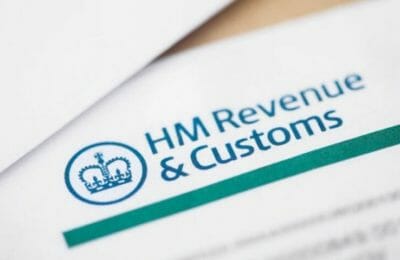
Do you and your fellow shareholders always agree? Watch “The Social Network”!
Posted by Mark Boulter on July 11, 2025Shareholders agreement – if you share the ownership/management of your limited company with other shareholders you really need one.

A costly pension underpayment error – check your payroll!
Posted by Jon Pryse-Jones on July 10, 2025One pension underpayment error forced an employer to make expensive back payments over several years – but how did it happen?

How to protect yourself against pension and tax scams
Posted by Ben Locker on July 9, 2025HMRC recently issued advice on how to avoid pension and tax scams. We show you how to protect yourself from the scammers.

Small business tax planning: For sole traders
Posted by Karen Jones on July 7, 2025If you’re a sole trader, then small business tax planning is important. Here are some top tips for sole traders to help navigate small business taxes and avoid any taxing, last-minute panic.

Tax allowable expenses
Posted by Adam Truluck on July 4, 2025Tax allowable expenses and the importance of them being “wholly and exclusive” for business purposes – we explain how it works.

Will M&S face VAT on sandwiches?
Posted by Karen Jones on July 3, 2025Marks and Spencer’s new ‘strawberries and creme’ flavoured sandwich has gone viral – causing some to examine the VAT on sandwiches rules.

Free business advice for Essex firms
Posted by Mark Ingle on July 2, 2025Is your company based in Essex? If so, you may be able to benefit from 12 hours of free business advice from Backing Essex Business.

What are employment related securities?
Posted by Ben Locker on June 30, 2025In this article, we look at what employment related securities are, the schemes that are available, plus reporting rules that apply to them.

The Residential Nil Rate Band – What Does It Mean For You?
Posted by Karen Jones on June 30, 2025Learn about how the residential nil-rate band (RNRB) and how it applies to inheritance tax (IHT).

Is it time to make a lasting power of attorney?
Posted by Ben Locker on June 27, 2025Is it time to make a lasting power of attorney? In short, yes! It’s never too early to protect your financial and health affairs.





